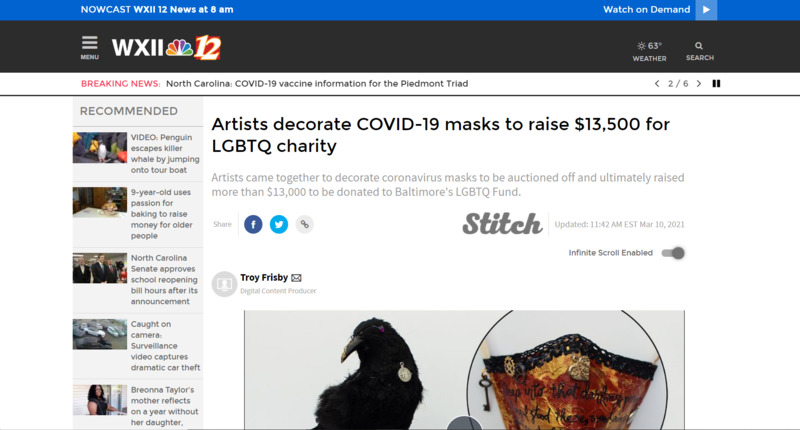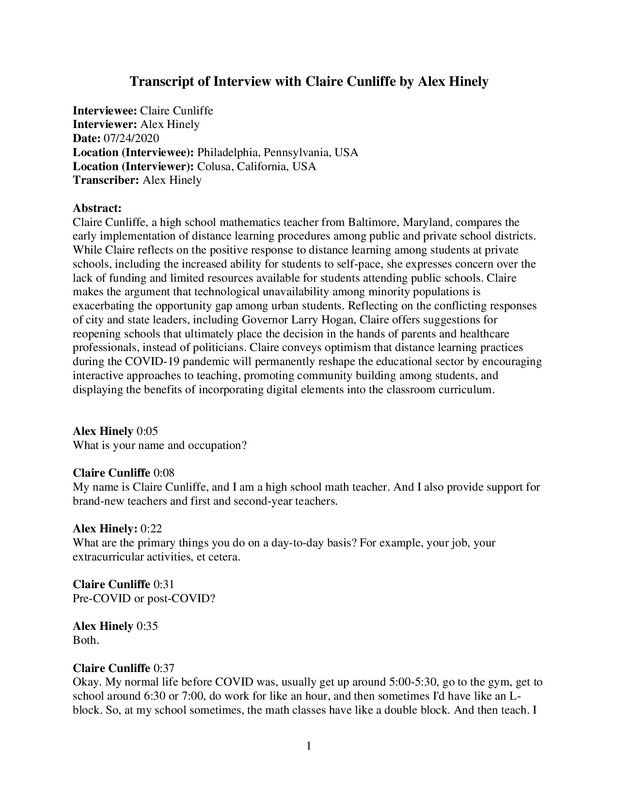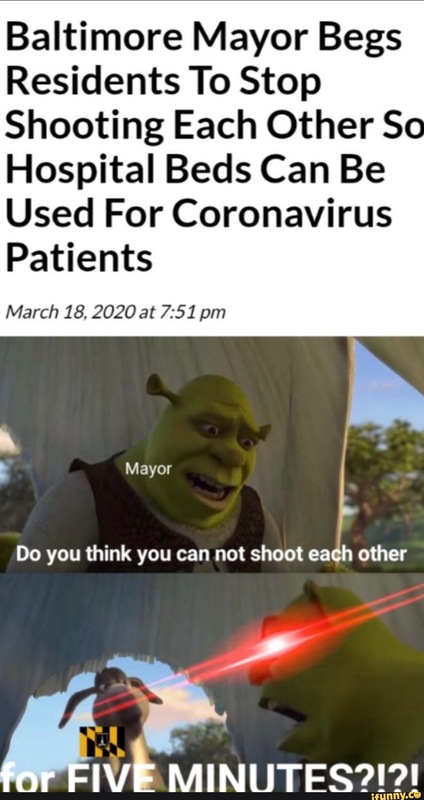Items
topic_interest is exactly
Baltimore
-
2020-03-21
Gardening During the Apocalypse
I can't think of the beginning of the COVID-19 pandemic, the shut downs and lock-ins, the stay-at-home orders without thinking of my brief foray into gardening. My husband and I bought our house in northwest Baltimore in April 2019. Our little duplex sits near the end of an unbelievably picturesque street in a fairly affluent neighborhood known for its garden communities and HOA-hosted wine and cheese parties you have to pay to attend. The neighborhood is surrounded by much poorer neighborhoods and heavily-trafficked streets, the direct product of red-lining in Old Baltimore. While the Original Northwood neighborhood is much more diverse - demographically and economically - than it was when it was first established in the 1930s and 1940s, my husband and I, as some of the only residents under 40, still felt like we didn't necessarily fit in with our older, more well-to-do neighbors, despite absolutely adoring our little home, which had been lovingly renovated and reimagined by its previous tenants. Come March 2020, however, the noise from the crowded streets, the surrounding neighborhoods, and from our own neighborhood, died down substantially. Our streets and its surrounds have always been a great place to go for a walk, but now every day people were strolling by in ones and twos, sometimes in small family units. Everyone needed to get out of the houses they were now cooped up in, and I was no exception. Much to my mother's chagrin - and likely to my neighbors' embarrassment - I did not inherent my mother's green thumb. Because I am a millennial I found an app that identifies plants and set about rooting out weeds, pruning the flowers the previous tenants had not intended for me to neglect, picking up the endless stream of leaves from our several 100+ year old trees, digging up more weeds and debating with my husband about whether we should start an herb and vegetable garden or put in a patio in the little garden area that connects our front and back yards. I did not become proficient at gardening. I am much better than I was, however, at identifying the truly astonishing diversity of plants in my own garden and in my neighborhood by scent and even touch. I learned that the dried and withered allium stalks pull effortlessly out of the ground after they die, that African violets also give way to a gentle scooping from the earth, and that thistle, of course, will still try to prick you as it attempts to cling to the soil. I learned that those thin but tough shoots of elm and oak born from the seeds and acorns the squirrels missed not only grow rapidly, but are extraordinarily difficult to rip from the earth. And no matter how much seemingly-delicate clover one claws at, its roots will always remain beneath the surface, as virulent in a day or two as when one earlier tore at it in complete dismay of its sheer stubbornness. I did not become proficient at gardening. But I did relish the feeling of cool, damp earth underneath my hands, even in my fingernails, the crunch of dry leaves, the slick sliding of wet leaves, the red, angry weals left on my hands from those stubborn oaks. I felt accomplished as I pulled lovely, but ultimately threatening African violets and wild raspberry from underneath the spreading cover of the hostas, and as I pulled wild mint, lemon, and rosemary for tea and cooking. I told myself I'd use the ramps (a species of wild onion that smells and tastes sort of of like a combination between garlic and scallions) in a soup, as a college roommate of mine had done, but I forgot to harvest them in time. From what I recall, summertime is best, particularly late summertime. The other thing I remember about this time spent in my garden, hands in the dirt, sweat on my brow, bug bites inflaming every available inch of skin, is the new sense of connection I felt with my neighbors who stopped to wave hello, nod and smile at my gardening efforts. Neighbors who I hadn't gotten to know before the pandemic which now prevented us, due to fear of contamination from contact with other people, from truly getting to know each other still. But somehow, the simple act of being out in my garden, doing this simple, repetitive toil, made me feel like I was participating in a ritual, an activity that linked me to the less unsavory past of the community, and to neighbors who otherwise might have remained alien in a plague environment that seemed to bring a new apocalypse with every week. -
 2021-03-10
2021-03-10Artists decorate COVID-19 masks to raise $13,500 for LGBTQ charity
Artists in Baltimore were encouraged to create and donate masks to be auctioned off. 40% of the profits from the masks went to local artists while the remaining amount went to Baltimore Community Foundations" LQBTQ fund. The fund supports numerous LGBTQ organizations in Baltimore such as peer counseling, suicide prevention, and health services. -
 07/24/2020
07/24/2020Claire Cunliffe Oral History, 2020/07/24
Claire Cunliffe, a high school mathematics teacher from Baltimore, Maryland, compares the early implementation of distance learning procedures among public and private school districts. While Claire reflects on the positive response to distance learning among students at private schools, including the increased ability for students to self-pace, she expresses concern over the lack of funding and limited resources available for students attending public schools. Claire makes the argument that technological unavailability among minority populations is exacerbating the opportunity gap among urban students. Reflecting on the conflicting responses of city and state leaders, including Governor Larry Hogan, Claire offers suggestions for reopening schools that ultimately place the decision in the hands of parents and healthcare professionals, instead of politicians. Claire conveys optimism that distance learning practices during the COVID-19 pandemic will permanently reshape the educational sector by encouraging interactive approaches to teaching, promoting community building among students, and displaying the benefits of incorporating digital elements into the classroom curriculum. -
 2020-05-27
2020-05-27Hospital Beds in the City
While coronavirus is a horror unique to itself, there are also ripple effects caused by the stress that it is putting on the healthcare system. This manifests itself in hospitals being unable to cope with regular, daily issues; for Baltimore, this is gunshot victims that are either occupying beds that could be used by coronavirus victims, or vice versa.
